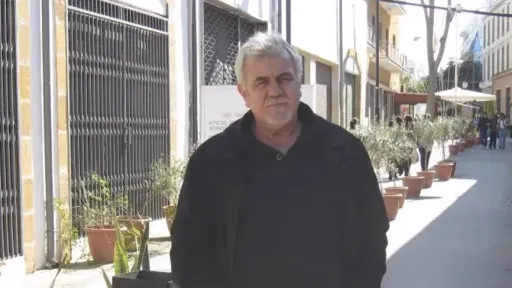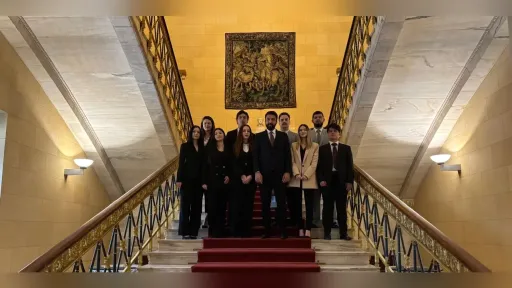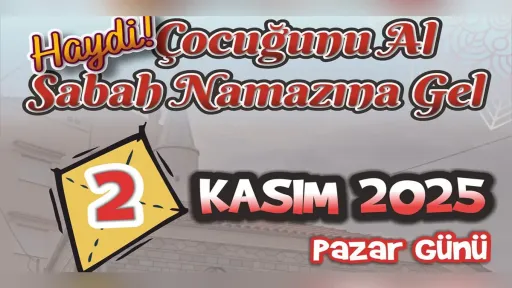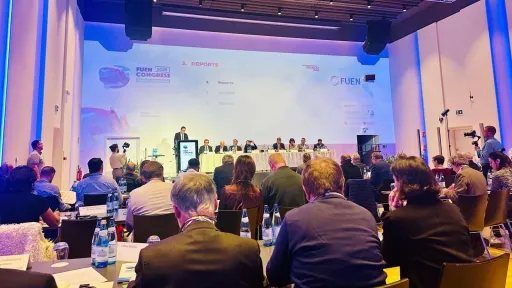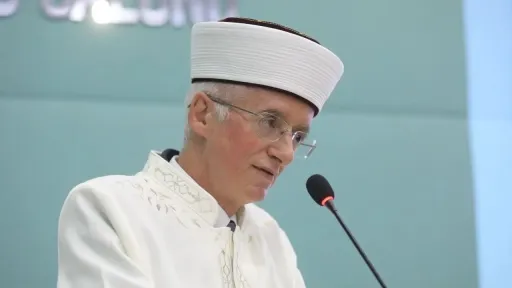Yet our education was waiting for a "lifeline
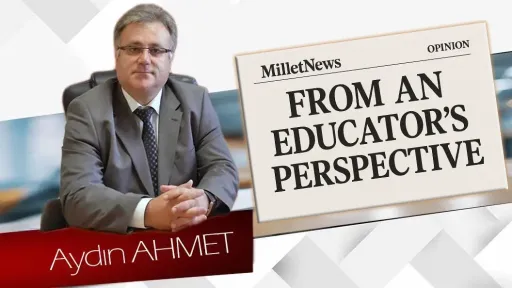
Our education system was waiting for a lifeline. A serious step has now come from the Greek Ministry of Education for the Europeanization of education.
Starting this year, swimming and lifeguard techniques will be introduced as a compulsory subject in primary schools.
For years, this type of training has been offered across Europe. Now, its sudden implementation in Greece makes one think: “What a country!” The fact that the subject has been introduced and made compulsory suggests that all necessary infrastructure has been prepared and that every step has been carefully planned. Otherwise, if the caravan is set in motion and the arrangements left for later, this will only turn into a burden.
This means that in order for the subject to be carried out, we already have enough state-owned swimming pools, as well as a sufficient number of physical education teachers specialized in swimming, to deliver lessons to children.
Yet, while there are dozens of long-standing issues in minority education in our region awaiting solutions—where the minority itself has been waiting for a true lifeline—we suddenly find ourselves faced with a compulsory subject on lifeguard techniques.
Children in our kindergartens are deprived of mother-tongue education tailored to the minority education system. Teachers are not allowed to improve themselves professionally through in-service seminars. Minority school boards (encümen heyetleri), who should be influential and authoritative in school administration, are not even permitted entry into the schools. All these issues remain stuck in the pool of problems.
In that same pool we also find: teachers who graduated from Faculties of Education in Türkiye and are waiting for employment in order to raise the quality of education; schools that have been closed down under the pretext of financial savings or low student numbers despite their autonomous status; and children being shifted from minority schools to state schools through black propaganda campaigns. One could extend the list of problems filling this pool endlessly. Yet those responsible for resolving them seem to have different priorities.
In short, the ones struggling in the pool of problems were waiting for a lifeline. That expectation has once again been postponed. To survive in this pool, we now have lifeguard techniques and swimming lessons at our disposal.
In principle, we are not opposed to swimming lessons, nor to our children learning lifeguard skills. For a society deprived of knowledge, every new subject has value and is undeniably a gain.
Our hope is that there will be enough swimming pools and teachers. We also hope that the employment of minority teachers has been taken into consideration—because it is essential for children to be able to ask every question that comes to their minds, to learn more effectively, and to make the lesson both healthy and enjoyable.
We further hope that for children who will be transported from afar, the 12 hours of lessons scheduled throughout the term will be sufficient. And we hope that this transportation will not reduce hours from other subjects. Otherwise, in trying to fix one problem, another will be created.
In that case, neither students, nor parents, nor teachers will be satisfied.
Aydın Ahmet
President of BTTÖB
